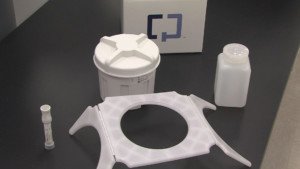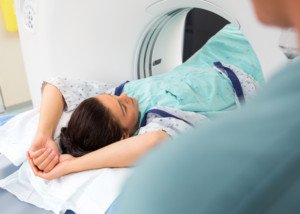
A GI doctor explains what the most likely cause is if you constantly need to burp.
The important thing to note here is if frequent burping is your only symptom, rather than it’s also accompanied by (not necessarily at the exact time that you burp) concerning symptoms such as abdominal pain, blood in the stools, unexplained weight loss and undue fatigue.
So let’s say that lately, you just seem to be burping a lot, but otherwise feel as healthy as ever.
“Most people talk while they eat, which leads to burps and farting,” explains gastroenterologist Sander R. Binderow, MD, FACS, FASCRS, with Atlanta Colon & Rectal Surgery.
“There is a possibility of a small bowel obstruction if a person is burping, but in that case the patient would be more concerned about the pain they are experiencing and would go to the doctor for that obvious symptom rather than burping alone.
“It is possible a patient could be burping more often if they suffer from reflux; however, most times if the symptom of burping is the only one that the patient is experiencing, they are likely talking more while they eat.”
Have you been going out to dinner more frequently, and hence, talking more while you eat? Try not to gulp air as you take in food or drink beverages.
What if you don’t talk when you eat, yet you’re still frequently burping?

Shutterstock/Aaron Amat
It’s entirely possible that you’re still swallowing excessive air as you eat and drink — especially if you’re a fast eater.
But what about the question, Can excessive burping actually be a symptom of cancer?
Yes, it can. In this article, Dr. Maxwell Chait explains what kinds of cancer can cause this seemingly innocuous symptom.
What about colon cancer? If you’ve been experiencing a lot of burping lately, chances are extremely unlikely that this is being caused by cancer of the colon.
However, other GI symptoms can be caused by this disease, such as abdominal pain, constipation, blood in the stools (which may appear dark, not necessarily red), unexplained fatigue and unintentional weight loss.
By the time symptoms of colon cancer begin presenting, the disease has spread beyond local confines. That’s why it’s so important to be screened for it.

Cologuard
You can start with Cologuard, a non-invasive home test that utilizes state-of-the-art DNA technology to identify abnormal cells.
If you have abnormal cells, the next step is a colonoscopy.
 Dr. Binderow performs minimally invasive, robotic and laparoscopic surgery for Crohn’s disease, ulcerative colitis, colon cancer and other colorectal conditions. Adept at routine procedures, he also sees patients with complex, atypical maladies.
Dr. Binderow performs minimally invasive, robotic and laparoscopic surgery for Crohn’s disease, ulcerative colitis, colon cancer and other colorectal conditions. Adept at routine procedures, he also sees patients with complex, atypical maladies.
 Lorra Garrick has been covering medical, fitness and cybersecurity topics for many years, having written thousands of articles for print magazines and websites, including as a ghostwriter. She’s also a former ACE-certified personal trainer.
Lorra Garrick has been covering medical, fitness and cybersecurity topics for many years, having written thousands of articles for print magazines and websites, including as a ghostwriter. She’s also a former ACE-certified personal trainer.
.









































